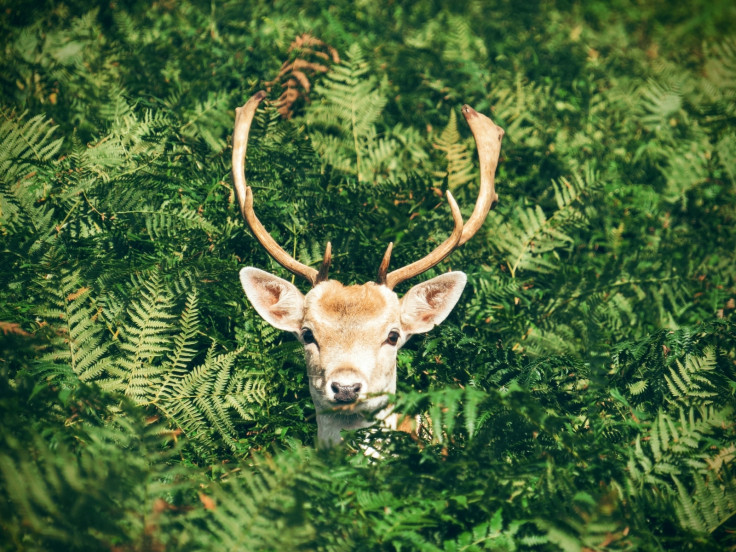What is zombie deer?: The wasting disease experts fear could spread to humans
A Canadian health body has warned that Chronic Wasting Disease could spread to humans via meat.

Experts fear that a deadly disease known as "zombie deer" could spread to humans.
Chronic Wasting Disease (CWD) is a neurological disorder comparable to Mad Cow Disease which causes deer, elk and moose to gradually deteriorate, stare vacantly and eventually starve to death.
So-called zombie deer is spread by misfolded proteins called prions which affect specific species. These can, however, evolve.
The condition was first observed in captive mule deer in Fort Collins, Colorado in 1967, and has also been noted in South Korea and Norway.
There is no record of a human being infected, however a recent study for the Canadian government has sparked fears it could. Researchers led by the Canadian Food Inspection Agency discovered that macaque monkeys could catch CWD by eating an infected deer.
A document by the Health Products and Food Branch of Health Canada entitled "Potential Human Health Risks from Chronic Wasting Disease" warned: "While extensive surveillance in Canada and elsewhere has not provided any direct evidence that CWD has infected humans, the potential for CWD to be transmitted to humans cannot be excluded."
Officials in Colorado have asked hunters to test any deer they have killed for CWD, and to avoid eating meat that could be infected.
There is evidence that CWD can be transmitted from animal to animal via the saliva, urine and faeces but can take between 16 to 36 months. Hunters may therefore believe their animals are healthy because they have "great body fat", Matt Dunfee, the head of the CWD Alliance in Fort Collins told NPR.
"While most research shows there's a robust species barrier, this recent study showed that barrier might not be quite as robust as we once thought," Dunfee added.






















